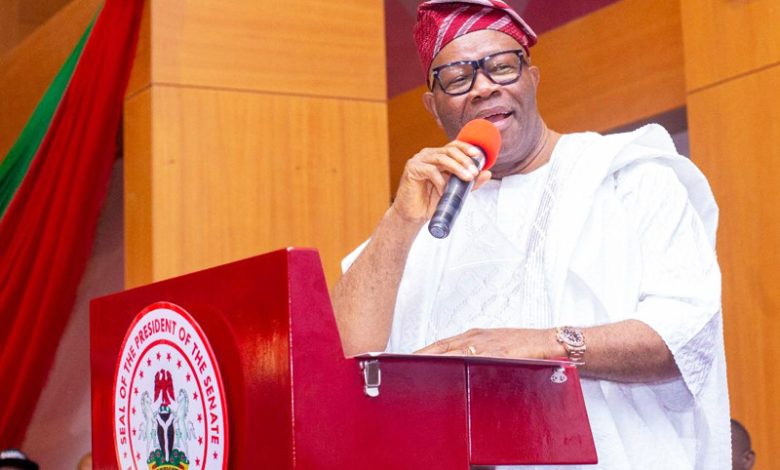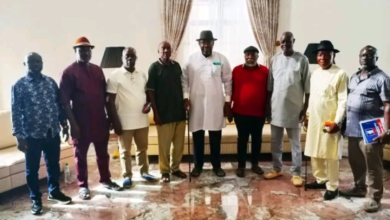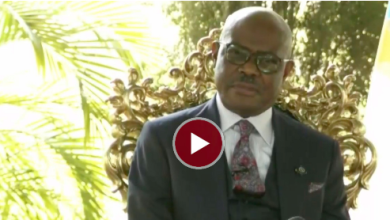Akpabio, Kalu back reserved seats Bill to boost women’s political representation

Senate President Godswill Akpabio and Deputy Speaker of the House of Representatives, Benjamin Kalu, have expressed support for the Reserved Seats Bill, emphasising its importance in enhancing women’s participation in Nigeria’s political leadership.
The endorsements came during the opening of the 2025 Law Week of the International Federation of Women Lawyers (FIDA) Nigeria, Abuja Branch, on Monday.
Themed “Advancing Women’s Representation: Reserved Seats and the Future of Nigeria’s Legislature,” the event highlighted ongoing efforts to promote gender equality and meaningful inclusion of women in legislative processes.
Represented by Senator Idiat Oluranti, Akpabio underscored that women are not merely supplementary to governance but are foundational to it.
Reflecting on his upbringing, he praised the role of his mother in instilling discipline, resilience, and moral fortitude, noting that advocating for women’s representation is both a policy and a moral imperative.
“The potential of women is not a matter of quality; it is knowledge and moral duty. Promoting gender equality is essential for a balanced and functional democracy,” Akpabio stated.
In his keynote address, Deputy Speaker Kalu highlighted the stark gender imbalance in Nigeria’s legislature.
Citing Nigeria Bureau of Statistics figures, he noted that women make up nearly half of the country’s population, yet occupy fewer than five percent of National Assembly seats.
“This structural imbalance ranks Nigeria 178th out of 182 countries globally and has tangible consequences for governance, development, and national cohesion,” Kalu said.
He argued that the exclusion of women from legislative processes narrows perspectives, limits debate, and weakens the democratic process.
“No nation can rise with half its talent standing outside the room,” he said.
Kalu also detailed the systemic barriers that have historically limited women’s political participation in Nigeria, including party structures, campaign financing challenges, and sociocultural norms.
He explained that the Reserved Seats Bill (HB 1349), which he sponsored, is designed as a temporary constitutional measure to correct this long-standing inequality.
Highlighting the bill’s cost-effectiveness, Kalu noted that implementing reserved seats would require less than one per cent of the National Assembly’s annual budget, a small investment with potentially transformative impact.
He also referenced global research showing that closing gender gaps could unlock trillions of dollars in economic growth, translating into billions in potential productivity and innovation for Nigeria.
Kalu described the 10th House of Representatives, under the leadership of Tajudeen Abbas, as prioritizing inclusion and equity.
As Chair of the Constitution Review Committee, he said he has ensured that legislative reforms are guided by transparency, public consultation, and input from communities nationwide.
“As we engage in national dialogues, public hearings, and community outreach, it is critical that women and legal professionals contribute their expertise and perspectives.
”We are closer to equitable representation than ever before,” Kalu said, calling for active participation from all stakeholders to ensure Nigeria’s legislature reflects the aspirations of its citizens.



